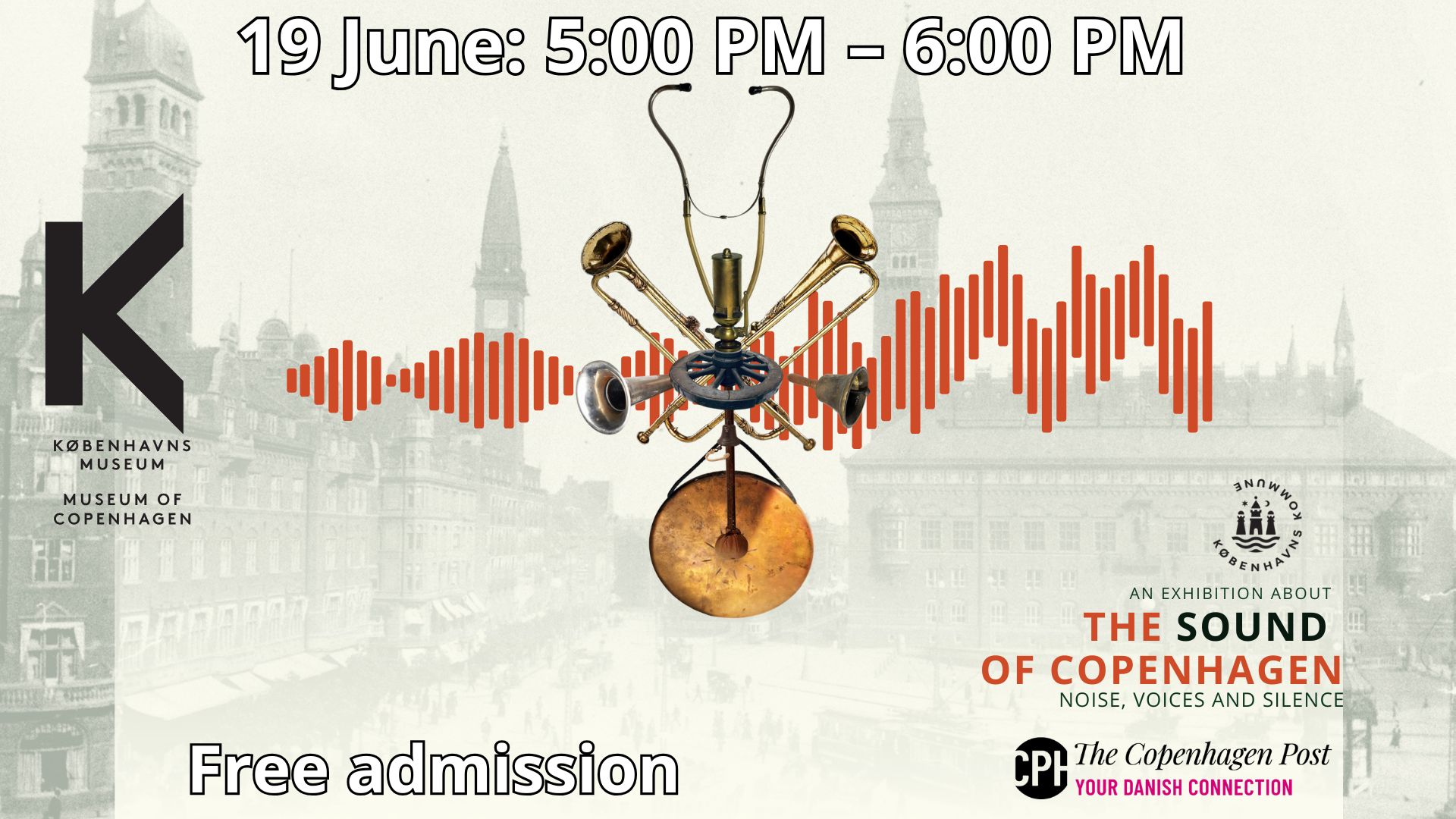The Aarhus-based ice cream company Isis has now officially changed its name to Easis to avoid associations with the terrorist organisation Islamic State.
The former Isis, founded in 1993, had long been considering a rebranding exercise, and the November terror attacks in Paris intensified the company’s search for a new name.
“The weekend’s actions stressed the importance of us working intensely to move away from the unfortunate associations that our name can create,” Isis wrote on its Facebook page at the time. The company appealed to its Facebook followers to help it come up with a new name.
Export problems
Company head Thomas Møberg said that the rebranding will help in international markets.
“The old name was a big challenge for us in the export markets,” he said. “No-one wants to be associated with it anymore.”
Several other international companies have switched their names from Isis to avoid being connected with the terrorist organisation.













